Category : News
Jan 27, 2022 | Announcements, Community, COVID-19, Faculty, In Region, India, News
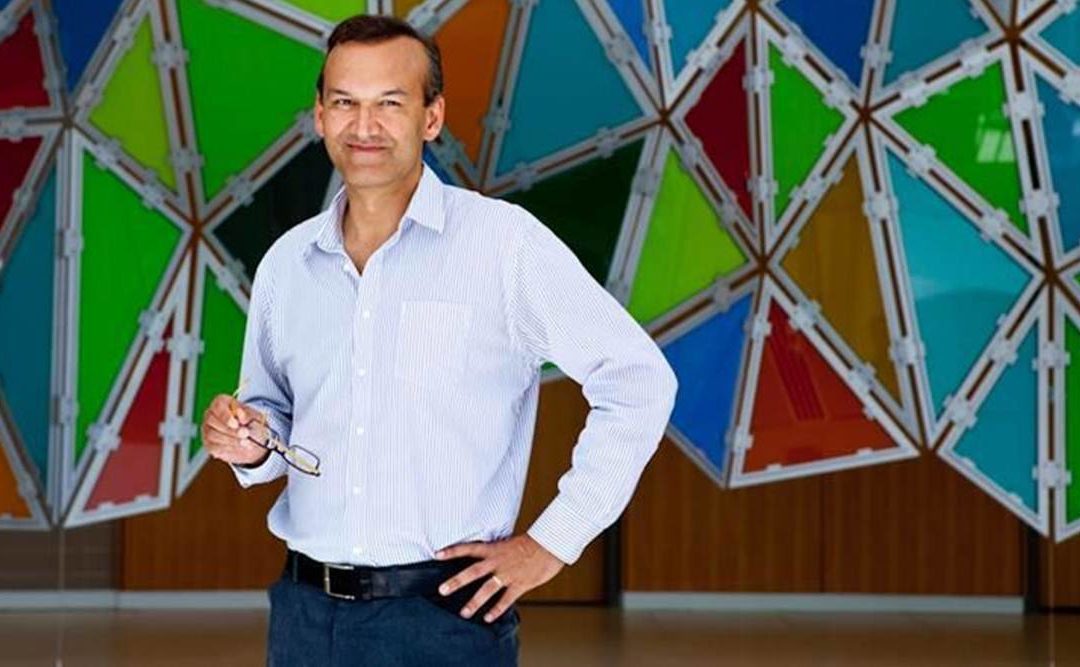
Prabhat Jha, Professor in Disease Control at the Dalla Lana School of Public Health, University of Toronto and one of the event panelists, gave the Mittal Institute some insight into what he will focus on during the talk. As an epidemiologist, Dr. Jha studies the major causes of death in developing countries – including those from COVID-19. He is the lead author of a study published in Science that estimates India’s total COVID-19 deaths are “substantially greater than estimated from official reports.” He shared more on his survey in the interview below.
Jan 26, 2022 | Announcements, Associates, Community, In Region, India, News, Students
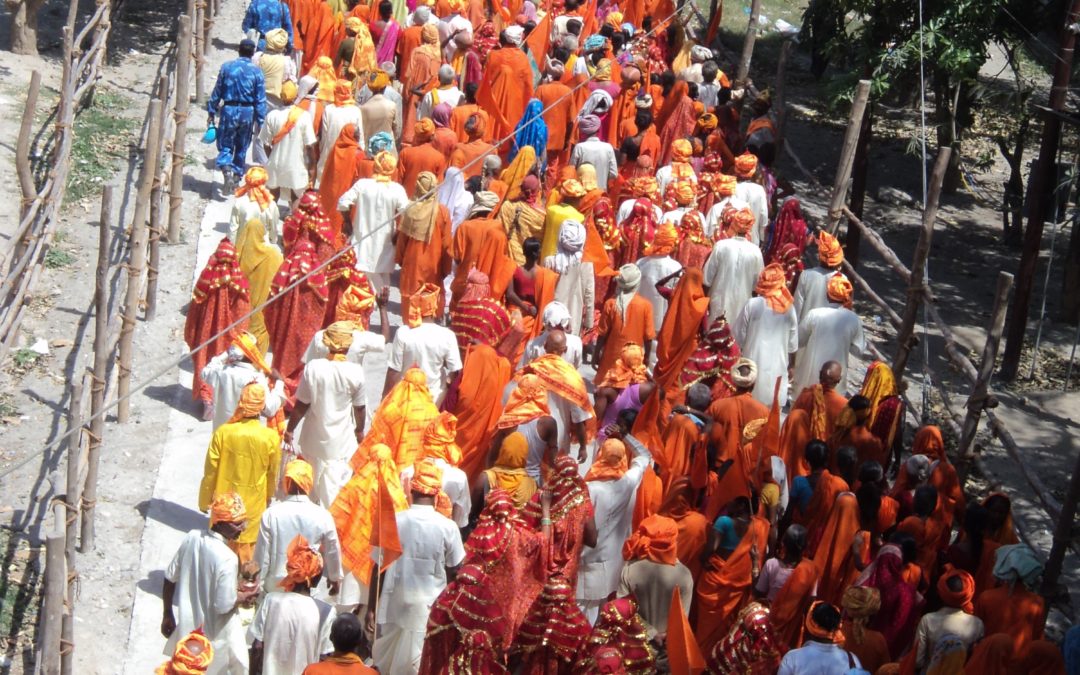
Sujata Saunik, former Mittal Institute Research Affiliate and current Additional Chief Secretary of the Government of Maharashtra, spoke with the Mittal Institute about her new book, “Deconstructing the Kumbh Mela: Nashik-Trimbakeshwar 2015 – A Public Health Perspective,” which details some of the underpinings of planning the Kumbh Mela. She was the Principal Health Secretary during the 2015 Kumbh Mela, and in the book documents the detailed planning, preparedness and foresight necessary to plan an event of such magnitude. Sujata says the book is a celebration of the zeal of the entire workforce that is involved in the event, and she shares her experience in the interview that follows.
Jan 26, 2022 | Announcements, Community, In Region, India, News, Students

Image courtesy Divyanka Kapoor. Blossom, a forthcoming phone app from Divyanka Kapoor ’21, aims to mitigate any social and emotional challenges presented to neurodiverse families and individuals. Blossom is designed to connect neurodiverse families, to help...
Jan 26, 2022 | Announcements, Associates, Faculty, In Region, News

Image by Markus Winkler. A roundup of Mittal Institute faculty and affiliates who have been featured in the news in recent weeks. New Book on Leadership: Tarun Khanna Congratulations to Tarun Khanna, Mittal Institute director and Jorge Paulo Lemann Professor at...
Jan 12, 2022 | Announcements, Community, News, Pakistan, Students
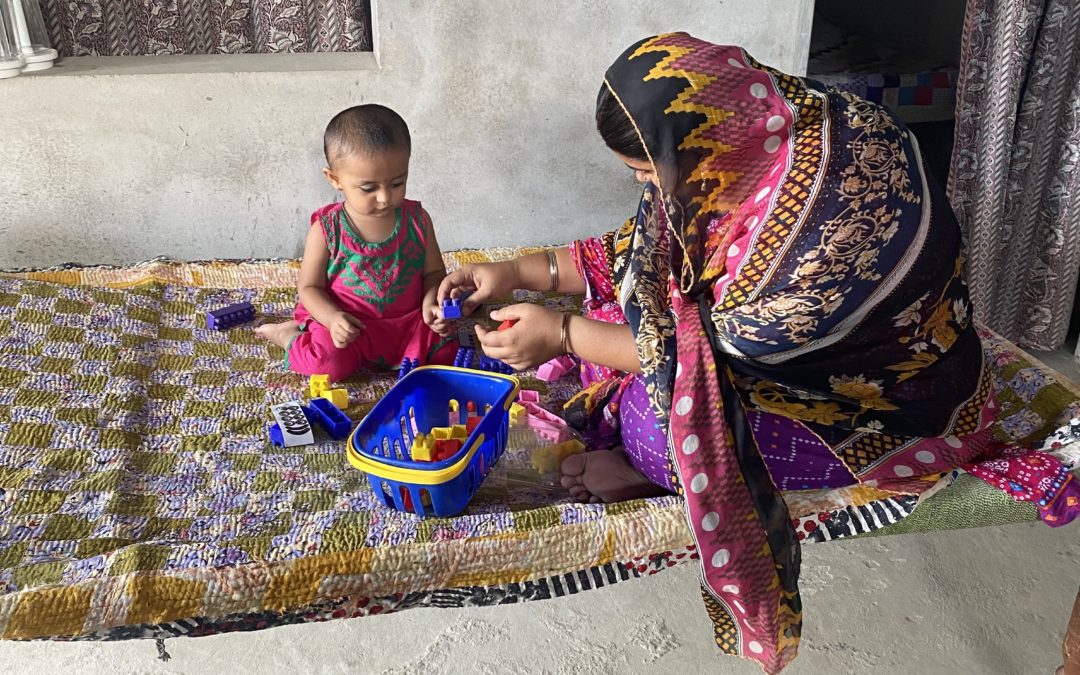
Elizabeth Hentschel, a doctoral student in the Department of Global Health and Population, based at the Harvard T.H. Chan School of Public Health, spent this past summer working in-country in Pakistan on a dissertation research project, “Measuring Nurturing Care: A Pathway to Healthy Child Development and Protection.” Funded in part by a Mittal Institute Summer Research Grant, Elizabeth’s project took her to Naushahro Feroze, in the Sindh Province of Pakistan where she spent a month at a child development research site. She lead the efforts to create two evidence-informed measures for assessing responsive care and early learning for children.
Jan 12, 2022 | Announcements, Community, In Region, News, Students

Spirulina, a blue-green algae with strong nutritional and antioxidant effects. Wikimedia Commons. India EATS, a research group devoted to alleviating iron deficiency in India, was recently awarded a Seed for Change grant by the Mittal Institute. Led by Kumaresh...
Jan 7, 2022 | News
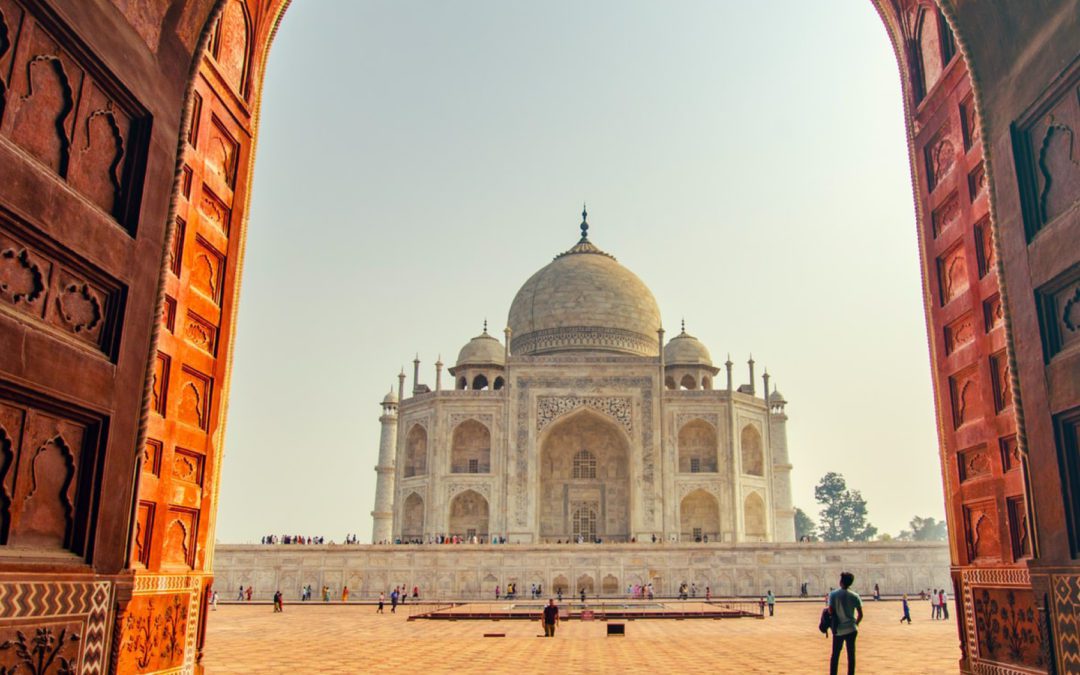
The Mittal Institute supports Harvard faculty and students as well as in-region scholars with unique opportunities to advance understanding of South Asia. FOR HARVARD STUDENTS Student Summer Grants – Apply by February 18, 2022 Summer grants are now open...
Jan 7, 2022 | News
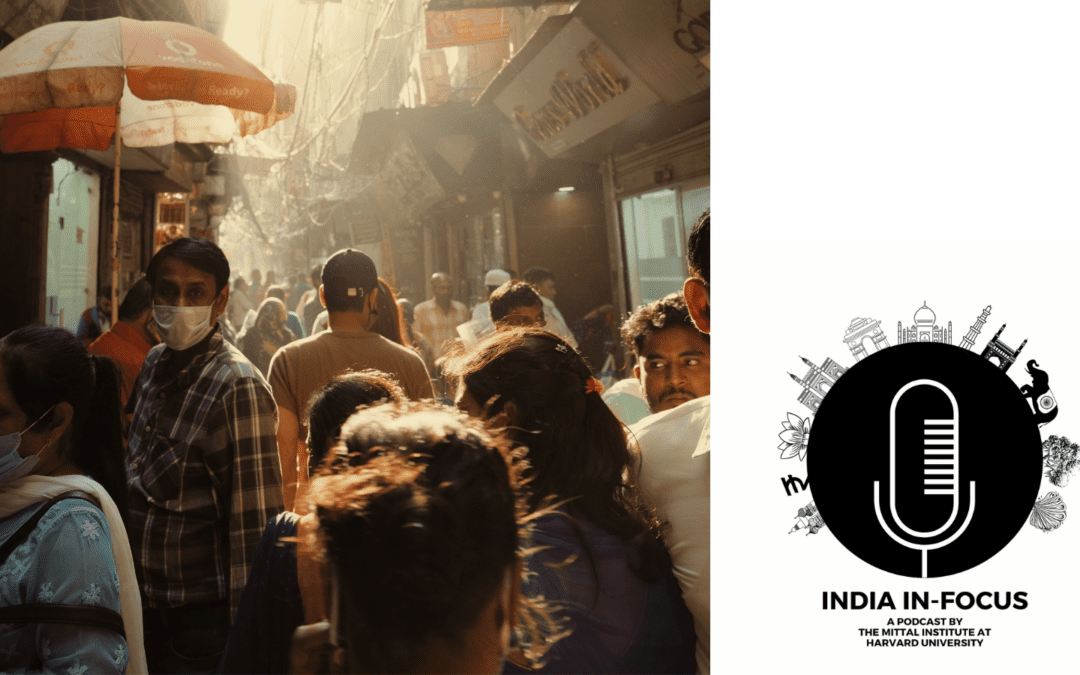
In this episode, the Mittal Institute’s Delhi Office is in conversation with Professor S.V. Subramanian, professor of Population Health and Geography at Harvard University. Professor Subramanian discusses his ongoing research project India Policy Insights...
Dec 15, 2021 | Announcements, Community, In Region, News

This year was marked by change – on a global scale, the world is learning to mitigate the ongoing COVID-19 pandemic; and on a University scale, the Mittal Institute bid a fond farewell to devoted staff, and welcomed new leadership (read more about our new Executive Director Hitesh Hathi). Our operations shifted to both virtual and in-person formats, and we continued hosting events, offering funding opportunities, and providing programming for students and faculty. This year also marked the inauguration of our Delhi office, further deepening our in-country footprint.
Dec 8, 2021 | Announcements, Community, News
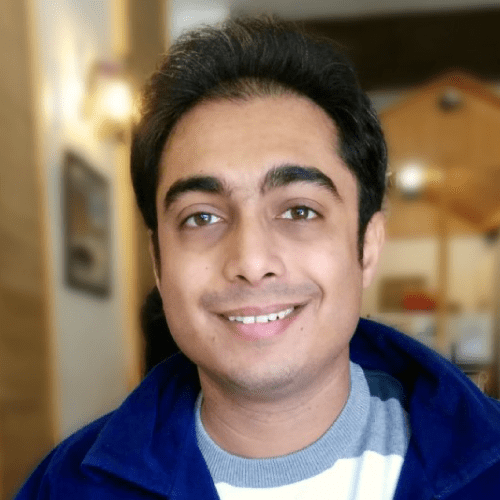
Pranav Dixit, a technology reporter for BuzzFeed News in India, recently traveled to Harvard to begin his yearlong position as a Nieman Fellow. Back home in New Delhi, Pranav’s work covers the intersection of technology and culture in India. He focuses on the impact that technology has on more than a billion Indians. His articles have sparked global conversations about the impact of American technology companies on the Global South. In 2019, he won Syracuse University’s Mirror Award for Excellence in Media Industry Reporting. The Mittal Institute sat down with Pranav to discuss his journalism career and his own Harvard project, which explores the American tech press and what lessons it offers for the global media.
Dec 8, 2021 | Announcements, Community, News, Pakistan, Students
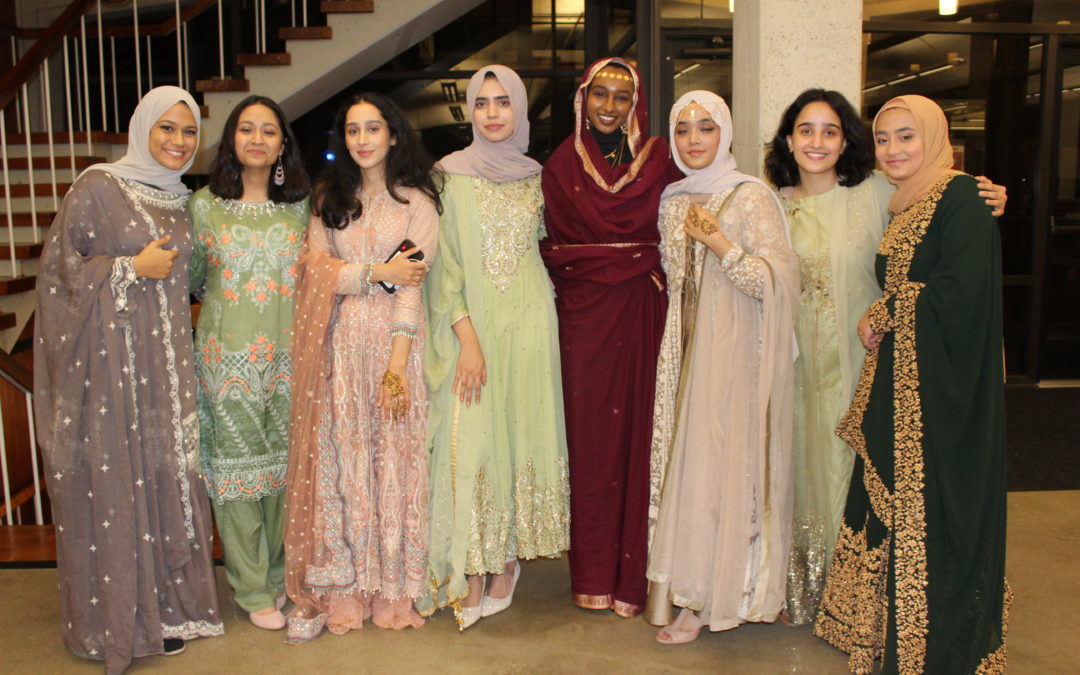
For the past decade, the Harvard College Pakistani Students Association (HCPSA) has shared the vibrant history and culture of Pakistan with the campus community. HCPSA is dedicated to creating inclusive, social spaces for Pakistanis and advancing meaningful discourse about prominent Pakistani issues, events, and politics. Each year, they host academic programming that celebrates Pakistani heritage; organize events like Cultural Night and moving screenings; and educates Harvard students about Pakistan’s culture. The Mittal Institute sat down with co-presidents Iqra Noor ‘23 and Hamaad Mehal ‘24 to learn more about mission of the HCPSA.
Dec 8, 2021 | Announcements, Community, In Region, News
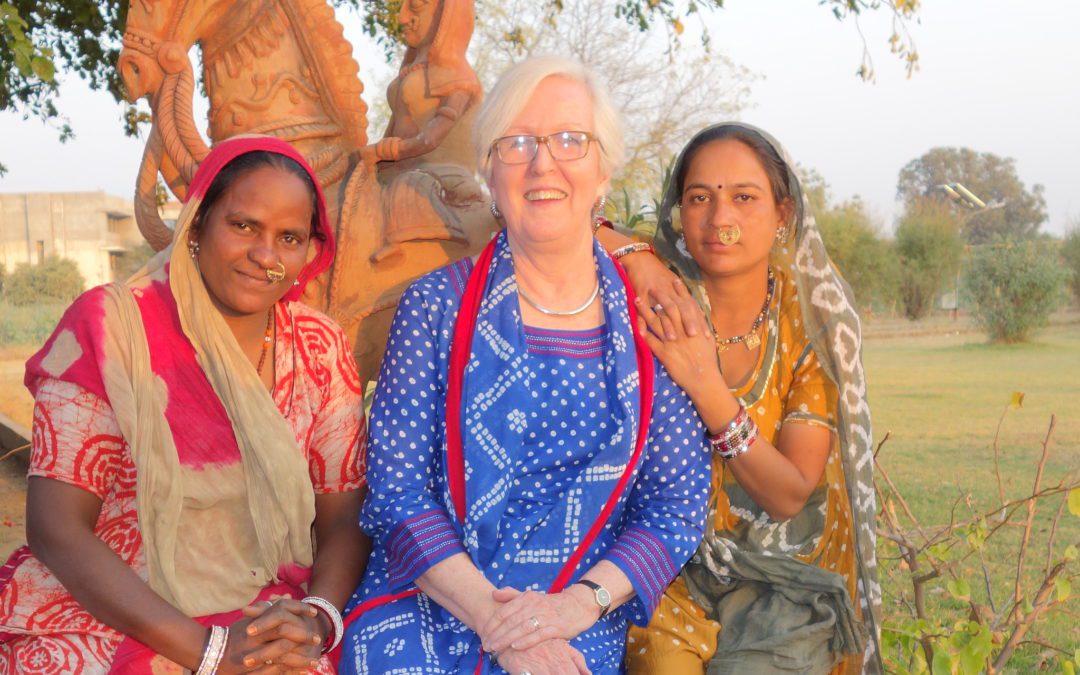
As countries across South Asia and the globe went into strict lockdowns during the pandemic, millions of informal workers – from roadside vegetable vendors to informal garbage collectors – were left without work or income and with little savings to fall back on. Now,...












